On 8 January 2025, every bank in Europe that offers SEPA transfers must be reachable through instant payments at no additional cost to customers, according to new EU regulations.
The new instant payment regulation provides various challenges for banks, even for those already offering instant payments. Also, ambiguities in the regulations leave much to interpretation, putting banks on unsteady ground regarding their compliance.
One company that knows how to answer these questions and provide actionable solutions is Hamburg-based PPI AG, a publicly listed consulting and software company that’s been serving the financial sector for over 30 years.
PPI offers a comprehensive Instant Payments Readiness Check that establishes a bank’s potential weaknesses and provides a roadmap to address them before the compliance cutoff date.

NFM caught up with Thomas Riedel, Leading Product-Manager at PPI, to delve in-depth into the topic.
Benefits of instant payments
The benefits of instant payments extend to companies, retail customers, and even EU-wide economic factors.
Some of these benefits include:
- The European Payment Initiative (EPI) uses SEPA Instant Payments and hopes to offer an alternative for US-dominated card payments in Europe.
- Companies could pay employees on the last calendar day of the month instead of the last business day.
- Together with SEPA Request-To-Pay—a scheme that allows payees to request payment initiations across a wide range of physical and online use cases—instant payments offer a fast, reliable, and secure alternative to direct debits without the risk of refunds.
Instant payment challenges for all banks—even those already offering the service
For those banks who don’t yet offer instant payments, the challenges are:
- 24/7 availability for all services, not only instant payments, including balance checks and sanction-screening services.
- Response-time for these services should ideally be a few hundred milliseconds, even during peak load times.
- Tight implementation schedule. The rule comes into force on 8 April 2024, and the grace period for implementation ends on 8 January 2025.
For banks already offering instant payments, further challenges include:
- Customers must be allowed to define the maximum amount that can be sent through instant payments.
- The orderer of an instant payment must receive a final response regarding the payment within 10 seconds. When the clock starts ticking for these 10 seconds is still open to interpretation, as is what the orderer must do if it doesn’t receive this confirmation on time.
- Instant payment verifications must occur instantly and run 24/7. How banks will achieve this is unclear. One option is that banks must provide APIs to a central data centre that manages all customer and account data securely, which is a massive undertaking.
One of the largest challenges for both types of banks is the expected throughput because the regulation enforces that instant payments must cost the same as traditional SEPA transfers. PPI expects an enormous increase in load, forcing banks to reevaluate their existing instant payments solution to ensure it can handle the additional traffic with zero downtime.
Regulation-level blindspots
The regulation itself isn’t without its flaws, putting banks in a precarious position regarding compliance—one of the primary reasons to bring on a consultancy service such as PPI’s Instant Payments Readiness Check.
The first of the blindspots is the 10-second limit we discussed above. “The main issue is that the regulation contradicts the current version of the EPC rulebook for instant payments,” says Riedel. “Adjustments must be made to the rulebook to cope with the regulation, but those won’t be available immediately, forcing banks into yet another tightly scheduled implementation project.”
Sanction screening is another sticky topic. It’s clear that every bank within the EEA must check customers against the EU sanction list on a daily basis. Following this procedure prevents the necessity of a transaction-based sanction screening—at least if banks also check their customers against other sanction lists like OFAC, and the transaction is processed completely within the EEA.
However, the open question is what to do if at least one of the parties lies outside the EEA.
One silver lining is that instant payments are as standardised as classical SEPA credit transfers, Riedel says, reducing any individual per-bank requirements
“The individual requirements of banks for processing instant payments are quite small, especially if compared to the much more complex processing of cross-border payments,” he says. “Since many regulations apply EEA-wide, the majority of regulatory needs are already covered by the standard product.”
How PPI’s Instant Payments Readiness Check identifies a bank’s state of preparedness for the instant payment regulations
Drawing on 30 years of experience as a financial consulting and software company, experts from PPI analyse the bank’s ecosystem to identify all systems, areas, and interfaces affected by instant payments. PPI’s experts then provide an overview of potential issues, presenting solutions to tackle them.
“With detailed knowledge of the instant payment regulation, our experts estimate the effort and timelines for the proposed solutions and offer target-oriented decision memos to enable the bank to reach instant payment readiness in time, quality, and budget,” says Riedel.
PPI’s tech innovations to expedite transitions for banks starting from scratch
In addition to consulting, PPI offers multiple tech tools and frameworks to make the transition process as smooth as possible. The PPI system is easily customisable and already configured with standardised interfaces for:
- Bulk and single-payment initiations.
- Balance checks.
- Booking.
- Clearing communication.
- Customer status reports.
- Beneficiary notifications
- Master data.
- Directory imports.
- And others.
If a bank can’t implement the standard interfaces on time, PPI can adapt the formats to the bank’s liking, using PPI’s parser and writer framework.
PPI’s software offerings facilitate compliance and enhance operational efficiency
PPI has successfully stress-tested its systems to run 24/7 without downtime, even during changes in message formats. Whenever a final confirmation doesn’t arrive on time, PPI’s software can still process payments completely without any manual interaction because it uses an automated investigation and finalisation procedure.
“The software also offers automatic enrichment of payments to comply with EU regulations on money transfers, and it ensures that every message is delivered. This is especially relevant when informing customers of incoming funds,” says Riedel.
As for payee verification, PPI offers a central service with standardised request interfaces, allowing any of the bank’s systems to query it easily.
Multilingual support and offices across Europe
PPI has offices in Germany, Norway, Switzerland, France, and Italy, allowing the company to interact with its customers on a personal level.
“The ability to support customers locally is an advantage,” says Riedel. “It removes language barriers and provides expertise on national specialties.”
PPI’s software’s graphical user interface has also been translated into English, German, French, and Italian.


